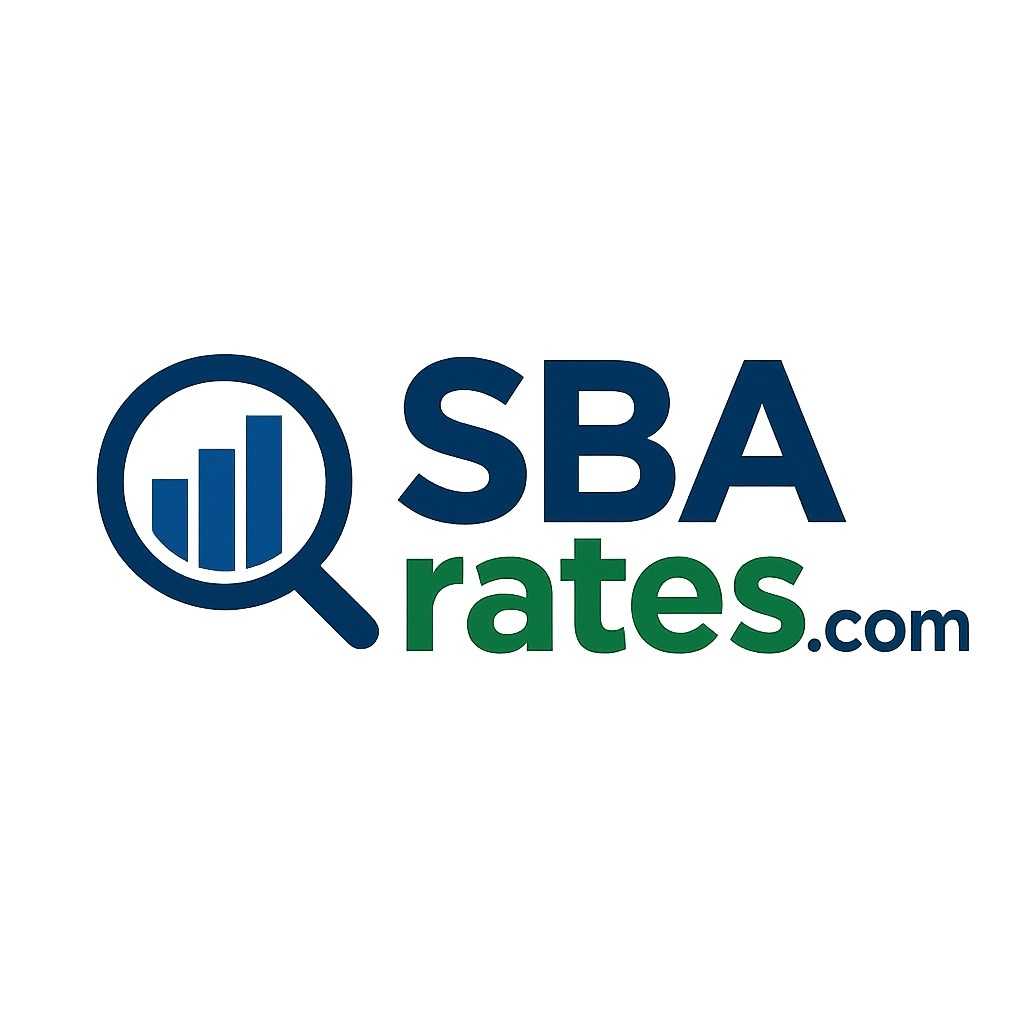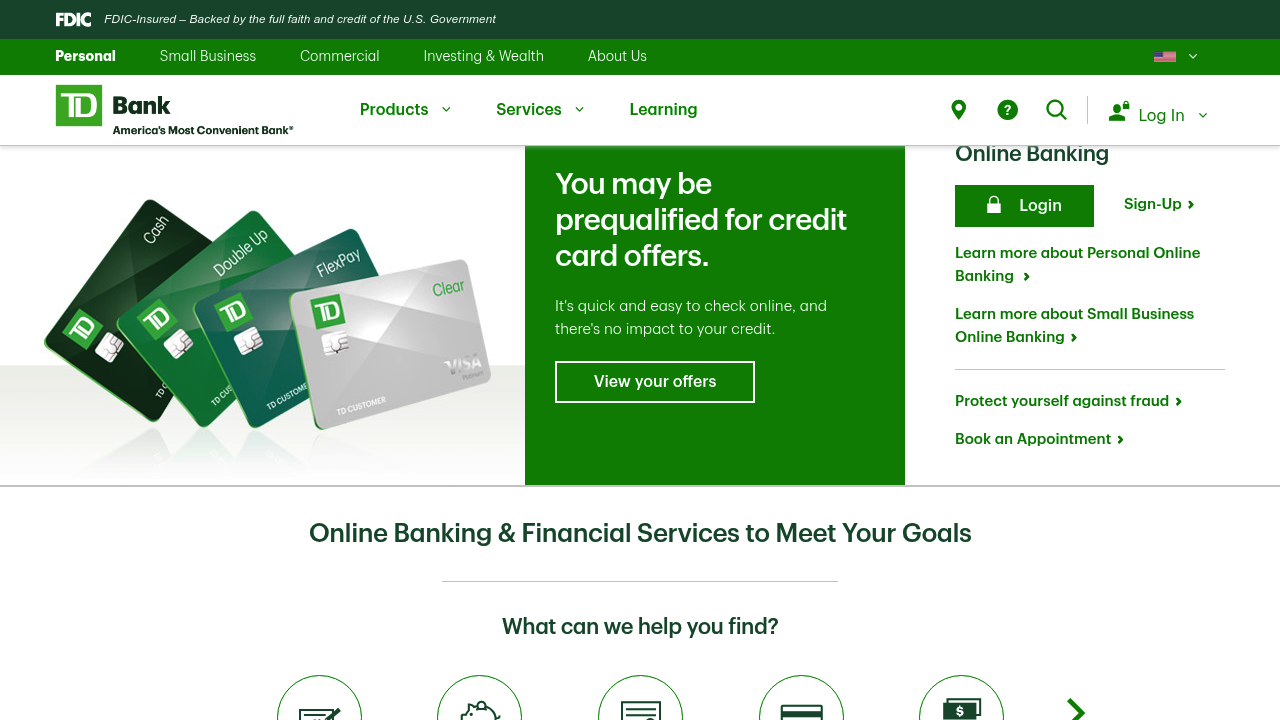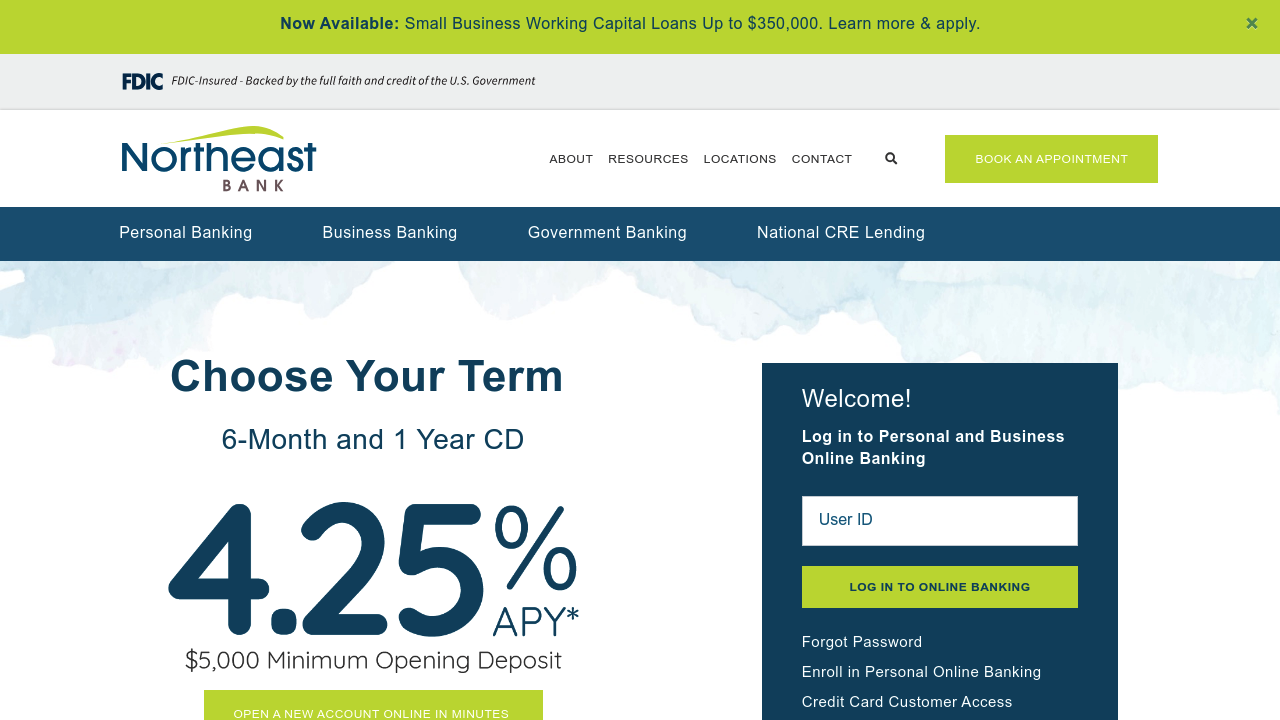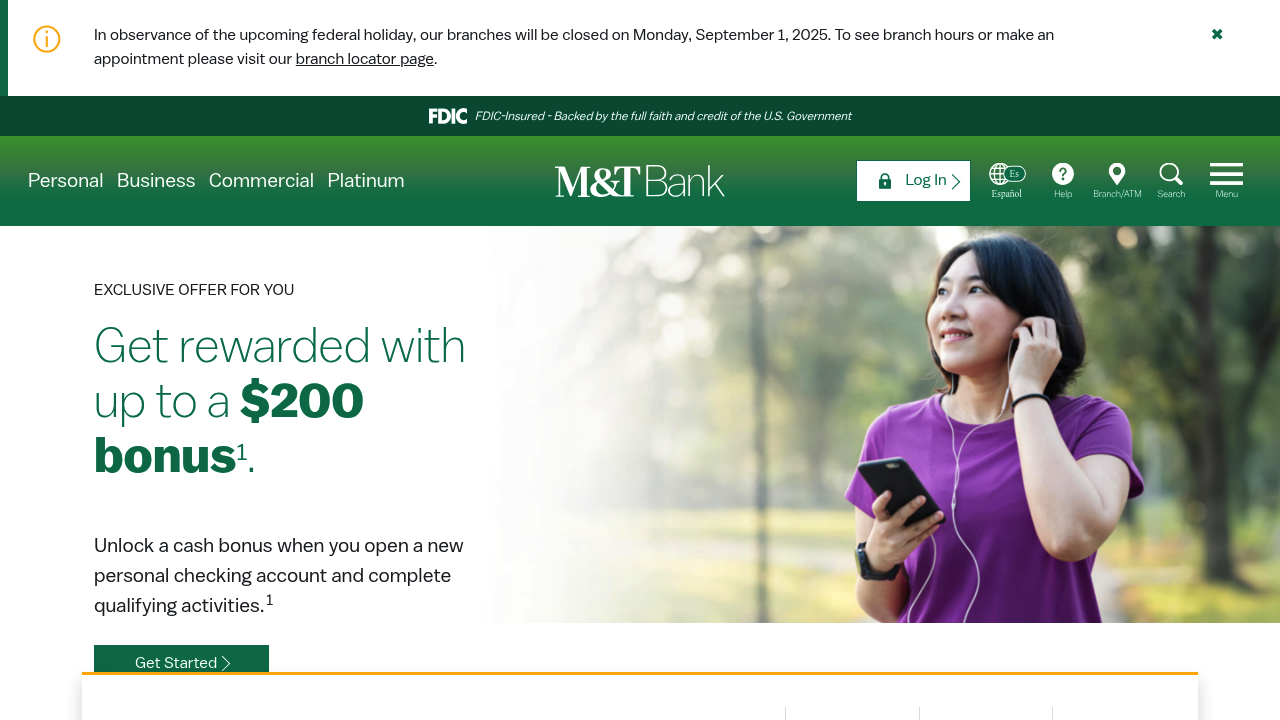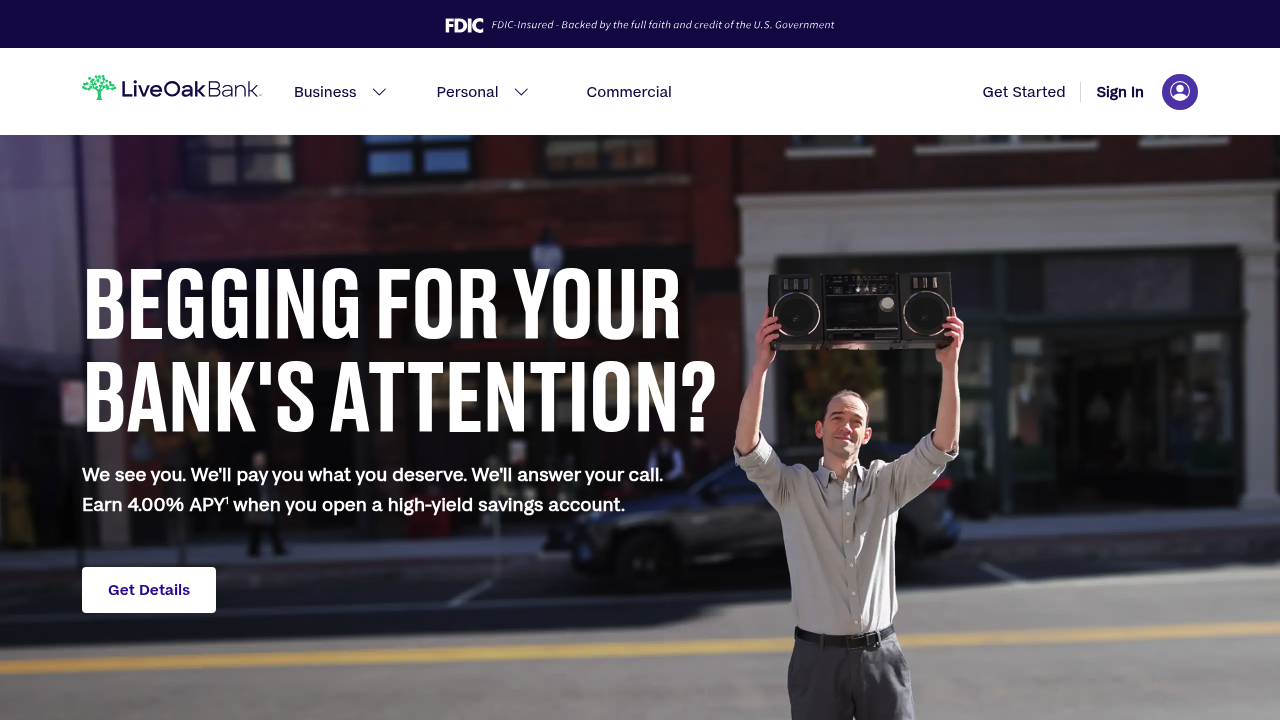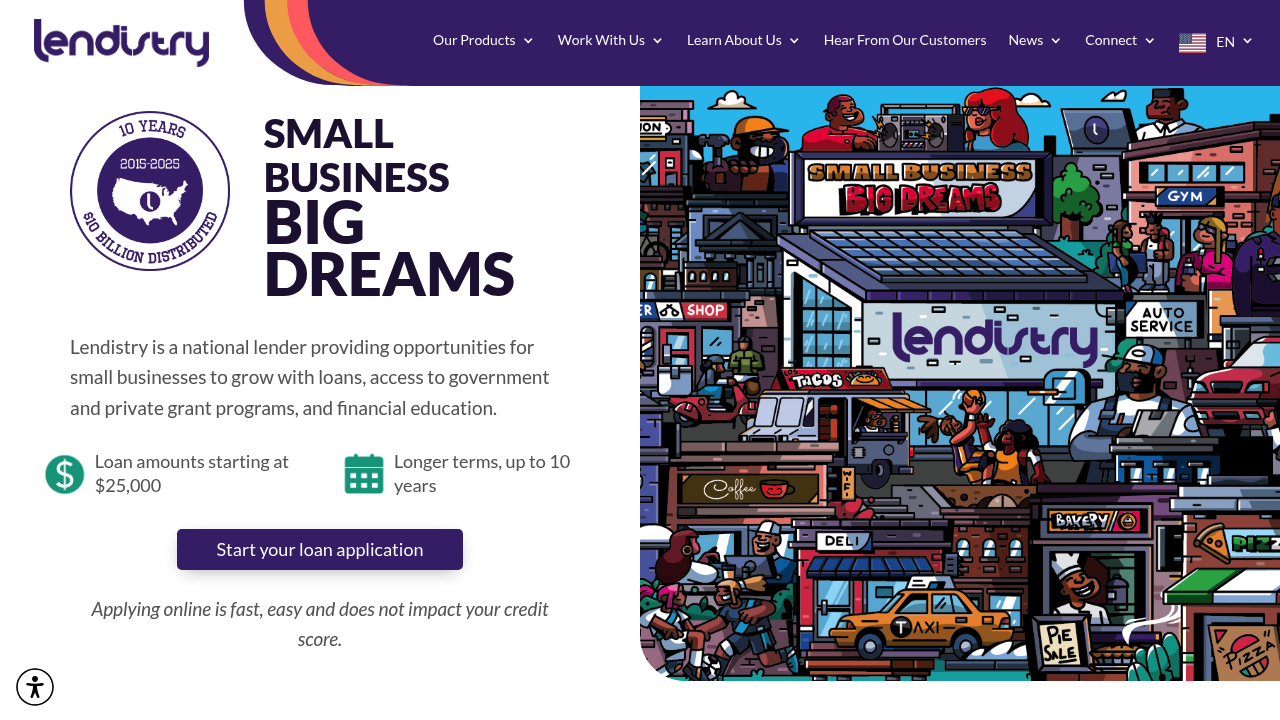General Line Grocery Merchant Wholesalers
424410
SBA Loans for General Line Grocery Merchant Wholesalers: Financing Growth in Food Distribution
Introduction
General line grocery merchant wholesalers are the backbone of the food supply chain, distributing a wide variety of products to supermarkets, convenience stores, restaurants, and institutions. Classified under NAICS 424410 – General Line Grocery Merchant Wholesalers, this sector includes businesses that handle canned goods, dry groceries, frozen foods, dairy products, meats, and beverages. While consumer demand ensures a steady market, wholesalers face challenges such as rising transportation costs, supply chain disruptions, thin profit margins, and the need for significant working capital.
This is where SBA Loans for Grocery Wholesalers provide vital support. Backed by the U.S. Small Business Administration, SBA loans offer longer repayment terms, lower down payments, and government-backed guarantees. These loans help wholesalers purchase inventory, expand warehousing capacity, upgrade fleets, and manage cash flow during fluctuating market conditions.
In this article, we’ll explore NAICS 424410, the financial challenges wholesalers face, how SBA loans provide solutions, and answers to frequently asked questions from grocery distribution businesses.
Industry Overview: NAICS 424410
General Line Grocery Merchant Wholesalers (NAICS 424410) typically distribute:
- Canned and packaged foods
- Frozen meals, meats, and vegetables
- Dairy products and beverages
- Dry groceries such as cereals, pasta, and snacks
- Nonperishable household goods for retail and institutional buyers
This industry requires efficient logistics, large inventories, and strong relationships with suppliers and buyers.
Common Pain Points in Grocery Wholesale Financing
Based on insights from Reddit’s r/supplychain, r/smallbusiness, and Quora, grocery wholesalers often face:
- High Inventory Costs – Stocking a diverse range of products ties up capital.
- Thin Margins – Pricing competition reduces profitability.
- Supply Chain Risks – Delays in imports or shipping increase costs.
- Transportation Expenses – Rising fuel prices impact delivery operations.
- Cash Flow Gaps – Buyers often require extended payment terms, delaying revenue.
How SBA Loans Help Grocery Wholesalers
SBA financing provides affordable, flexible capital to help wholesalers stabilize operations, modernize facilities, and grow distribution networks.
SBA 7(a) Loan
- Best for: Working capital, payroll, or supplier payments
- Loan size: Up to $5 million
- Why it helps: Provides liquidity for daily operations and purchasing large volumes of inventory
SBA 504 Loan
- Best for: Warehouses, refrigeration, or fleet upgrades
- Loan size: Up to $5.5 million
- Why it helps: Perfect for long-term investments in distribution centers and logistics infrastructure
SBA Microloans
- Best for: Small or startup wholesalers
- Loan size: Up to $50,000
- Why it helps: Useful for early inventory purchases, small equipment, or marketing campaigns
SBA Disaster Loans
- Best for: Wholesalers impacted by supply chain interruptions or natural disasters
- Loan size: Up to $2 million
- Why it helps: Recovery funds for damaged facilities, lost inventory, or business disruption
Step-by-Step Guide to Getting an SBA Loan
- Check Eligibility – Must be a U.S.-based, for-profit business with good personal credit (typically 650+)
- Prepare Financial Documents – Include tax returns, P&L statements, supplier contracts, and inventory reports
- Find an SBA-Approved Lender – Some lenders specialize in food distribution and wholesale businesses
- Submit Application – Provide a business plan highlighting client base, supplier relationships, and growth plans
- Underwriting & Approval – SBA guarantees reduce lender risk. Approval typically takes 30–90 days
FAQ: SBA Loans for Grocery Wholesalers
Why do banks often deny loans to grocery wholesalers?
Banks may view them as risky due to thin margins, high working capital needs, and supply chain uncertainties. SBA guarantees reduce this risk and improve approval chances.
Can SBA loans finance warehouses and refrigerated trucks?
Yes. SBA 7(a) and 504 loans can fund cold storage facilities, delivery fleets, and logistics upgrades.
What down payment is required?
SBA loans typically require 10–20% down, compared to 25–30% for conventional loans.
Are startup wholesalers eligible?
Yes. Entrepreneurs with supplier relationships and contracts may qualify for SBA microloans or 7(a) financing.
What repayment terms are available?
- Working capital: Up to 7 years
- Equipment/facilities: Up to 10 years
- Real estate/warehouses: Up to 25 years
Can SBA loans support technology investments?
Absolutely. Many wholesalers use SBA financing to implement inventory management systems, ERP software, and digital ordering platforms.
Final Thoughts
The General Line Grocery Merchant Wholesalers industry is a cornerstone of food distribution but faces financial challenges tied to inventory, logistics, and slim margins. SBA Loans for Grocery Wholesalers provide affordable, flexible financing to strengthen supply chains, expand facilities, and improve working capital.
Whether you distribute dry groceries, frozen foods, or beverages, SBA financing can give your business the stability and growth opportunities it needs. Connect with an SBA-approved lender today and explore your funding options under NAICS 424410.
Filters
Tags
#Preferred Lenders Program
#SBA Express Program
#Existing or more than 2 years old
#Startup
#Loan Funds will Open Business
#Change of Ownership
#New Business or 2 years or less
#7a General
#Variable Rates
#Fixed Rates
#Asset Base Working Capital Line (CAPLine)
#International Trade Loans
#Export Express
#7a with WCP
#Contract Loan Line of Credit (CAPLine)
#7a with EWCP
#Preferred Lenders with WCP
#Preferred Lenders with EWCP
#Seasonal Line of Credit (CAPLine)
#Builders Line of Credit (CAPLine)
